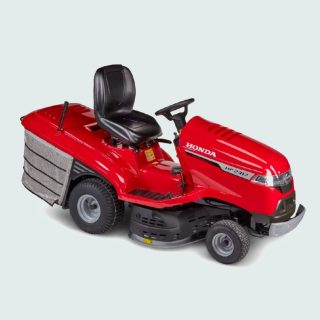Shortly after the release, psychologist Viktor Frankl dictated the book “Say life” yes!». A psychologist in a concentration camp ”, who spoke more about the experiences of prisoners than about real events in death camps, about the inner freedom of a person and his ability to gain meaning in any situation.
“It may seem like the state of the human soul is inexorably and unequivocally dependent on the surrounding conditions. After all, it would seem that in camp life a peculiar social environment forcibly determines the behavior of people. But against this, one can rightly put forward an objection, ask a question: what then to be with human freedom?
Is there no spiritual freedom, self -determination, relations with a given external circumstances? Is it really nothing more than a product of numerous conditions and influences, whether it is biological, psychological or social? Nothing more than a random result of its bodily constitution, predispositions of their character and social situation?
And especially: does the reaction of prisoners really indicate that people could not evade the influence of the form of being into which they were forcibly entered? That a person was forced to completely submit to these influences? That «under the pressure of circumstances» that prevailed in the camp, he «could not otherwise»?
There are answers to these questions, both actual and fundamental. Actual are based on my experience – after all, life in the camp itself showed that a person can “be different”. There are many examples, often truly heroic, which show that apathy can be
overcome, irritated irritation. That even in this situation, absolutely suppresses both externally and internally, it is possible to preserve the remnants of spiritual freedom, to contrast this pressure with its spiritual «I».
Which of the survivors of the concentration camp could not tell about the people who, walking with everyone in the column, walking in the huts, they gave someone a good word, and shared the last crumbs of bread with someone? And let there be few of them, their example confirms that in a concentration camp, everything can be taken away from a person except the latter – human freedom, freedom to relate to the circumstances either or otherwise. And this «one way or another» they had.
And every day, every hour in the camp, he gave thousands of opportunities to make this choice, renounce or not renounce the very secret that the surrounding reality of the threat to take away – from internal freedom. And to renounce freedom and dignity meant to turn into an object of exposure to external conditions, to allow them to come out of you a “typical” camp.







Deja una respuesta